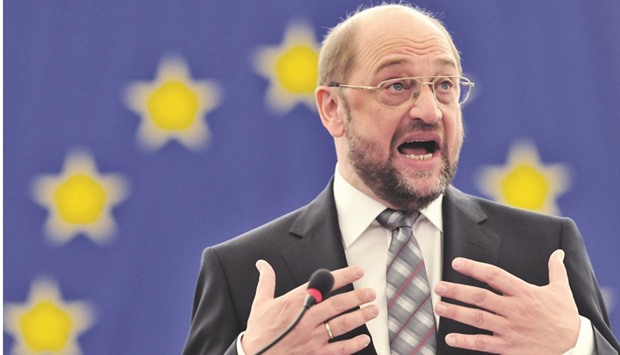Senior German politicians are calling for improvements to the European Union, just over a week after Britons voted to leave the bloc.
In a referendum held on June 23, Britain voted 52% to 48% in favour of quitting the EU – a decision that caused major losses in global financial markets and raised concerns about the EU’s future prospects.
Finance Minister Wolfgang Schaeuble said the timeframes Brussels usually operates with were too big and politicians there had taken too long to make decisions on the migrant crisis last year.
He urged members to be pragmatic and take an “intergovernmental approach” to solve problems whenever this was the case.
“You soon realise if the Commission isn’t managing something or if we’re getting bogged down in the (European) Council. And that’s when governments have a responsibility,” Schaeuble said in an interview with Welt am Sonntag newspaper.
He said that reforming European institutions or changing European treaties would take too long and denied that he was calling for the Commission’s power to be reduced.
However, German Economy Minister Sigmar Gabriel called for the ranks of EU Commissioners to be streamlined and for Brussels to reconsider how it allocates its budget.
“A Europe in which 27 Commissioners want to prove themselves doesn’t make sense. It would be good to downsize in this respect,” he told the newspaper Neue Osnabruecker Zeitung in an interview published on Saturday.
Gabriel, who is also Germany’s vice-chancellor, said the EU should reassess if it should still put around 40% of funds towards agriculture while much less money is pumped into research, innovation or education.
And European Parliament President Martin Schulz, a German, wrote in a piece for Frankfurter Allgemeine Zeitung that the Commission should be turned into “a real European government” subject to parliamentary control from the European Parliament and a second chamber made up of representatives of member states.

Schulz: the Commission should be turned into ‘a real European government’.
